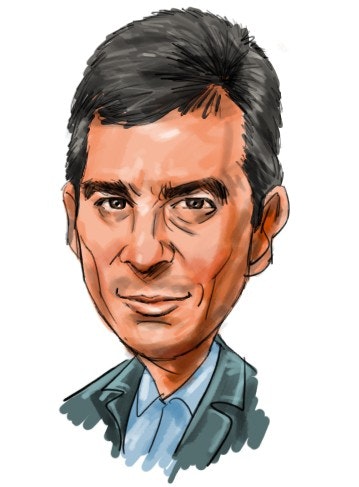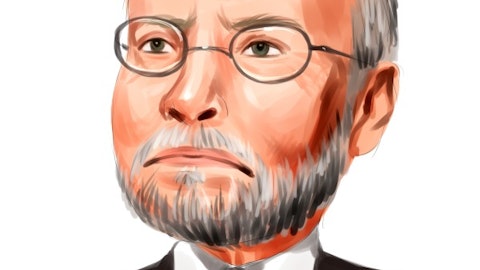There is a lot of undue criticism of Dan Loeb these days. The billionaire who oversees Third Point is one of the market’s most lively activists, known for his value stimulation campaigns at companies like Yahoo! Inc. (NASDAQ:YHOO), Sothebys (NYSE:BID) and Sony Corporation (ADR) (NYSE:SNE). While it’s tempting to envision investors like Loeb as voracious pests, the media pundits that paint this picture don’t really understand the hedge fund industry at all.

For starters, it’s important to realize that many activists are skilled investors at heart. At Insider Monkey, we track Loeb, Carl Icahn, Bill Ackman, Barry Rosenstein’s Jana Partners and many other hedge fund managers who have filed a 13D in their careers, and on the whole, their best stock picks have historically outperformed the S&P 500 (see how we returned 47.6% in our first year).
Aside from being able to find good equity investments for their clients, the activist crew is, collectively, an essential entity in the financial markets. Vanity Fair, who published a piece on Dan Loeb last week, sensationally critiqued the hedge fund manager for his strategies used to unlock shareholder value, particularly for his letters sent to CEOs and board members he has gone activist on, as we like to say.
Now, let’s get something straight.
The phrase “to unlock shareholder value” is not a meaningless bit of business lingo designed to confuse the everyday reader, nor does it imply that Loeb, Icahn, Ackman et al. are conniving curmudgeons looking to uproot an entire company. Rather, these words simply seek to explain the final goal of any activist investor: to increase the value of the stock they are invested in, for the good of every shareholder.
Anyone who followed Loeb into Yahoo’s stock in the fall of 2011 has been treated to a 158% gain in a little over two years. Auctioneer Sotheby’s, who Loeb and Third Point sent a letter to last month asking for the CEO’s resignation, has seen its stock rise by 14% since the activist stake was revealed nine weeks ago. Loeb’s résumé, and the résumés of many of his peers, are filled with similar successes.
While Vanity Fair and similarly impulsive media outlets are correct to point out that activist investments sometimes fail to achieve everything they set out to do, they misunderstand the aim of such campaigns: to stimulate shareholder value. As with anything in life, activists are sometimes overly aggressive when they initially push for change at a target company; Loeb, specifically, will often throw many different ideas on the wall until one sticks.
While some strategies are ultimately rejected and provide plenty of good fodder for the financial tabloids, the end result is that regular investors who piggyback these moves often benefit.
It’s too early to tell what will become of Dan Loeb’s quest for change at Sotheby’s, but despite the fact that his vernacular may have offended a few inept columnists, the average investor should be cheering for him to succeed.
The company’s unofficial rap sheet is long, but the biggest offenses to shareholder value include: (1) an inability to capitalize on growth opportunities in contemporary and modern art, (2) anemic operating margins, (3) a lack of insider stock holdings among top executives, (4) an unfamiliarity with lower value customers, (5) a few, very public, examples of uneconomical spending, and (6) a recent history of quarterly earnings miscues.
The proof is in the pudding, though, and as long as Loeb’s campaign continues at Sotheby’s, we expect it to continue to reward anyone who is along for the ride. As for the comparisons that have been made between the activist and Kanye West, a 21-time Grammy winner who is arguably the best rapper alive, Dan Loeb should take that as a compliment.
Disclosure: none





